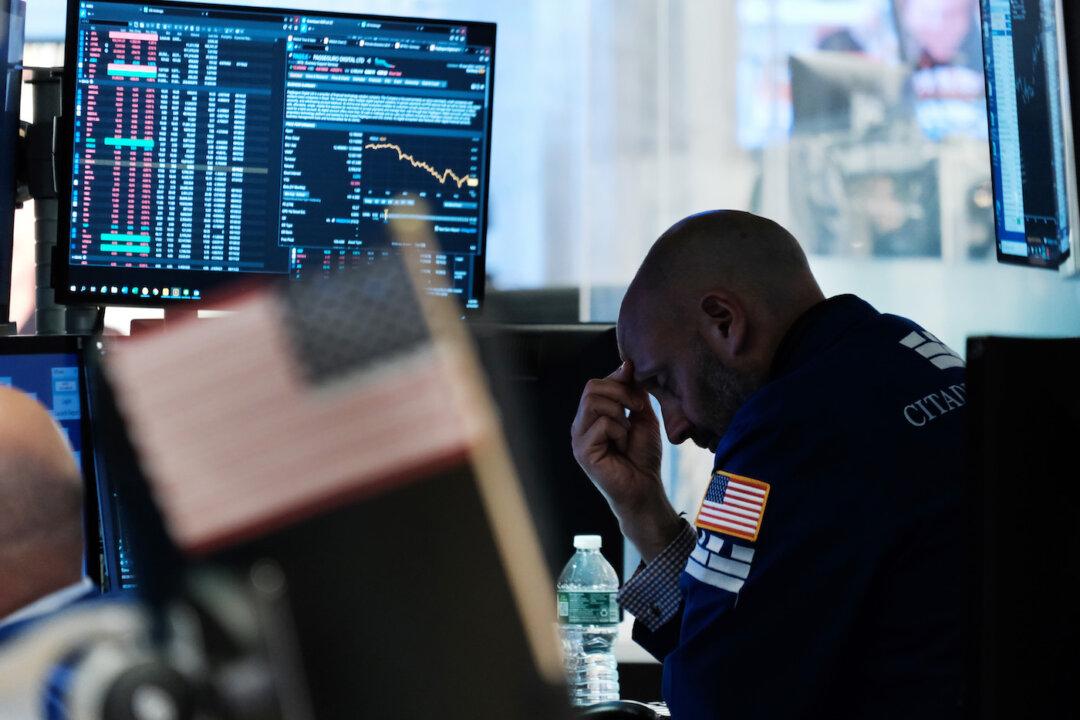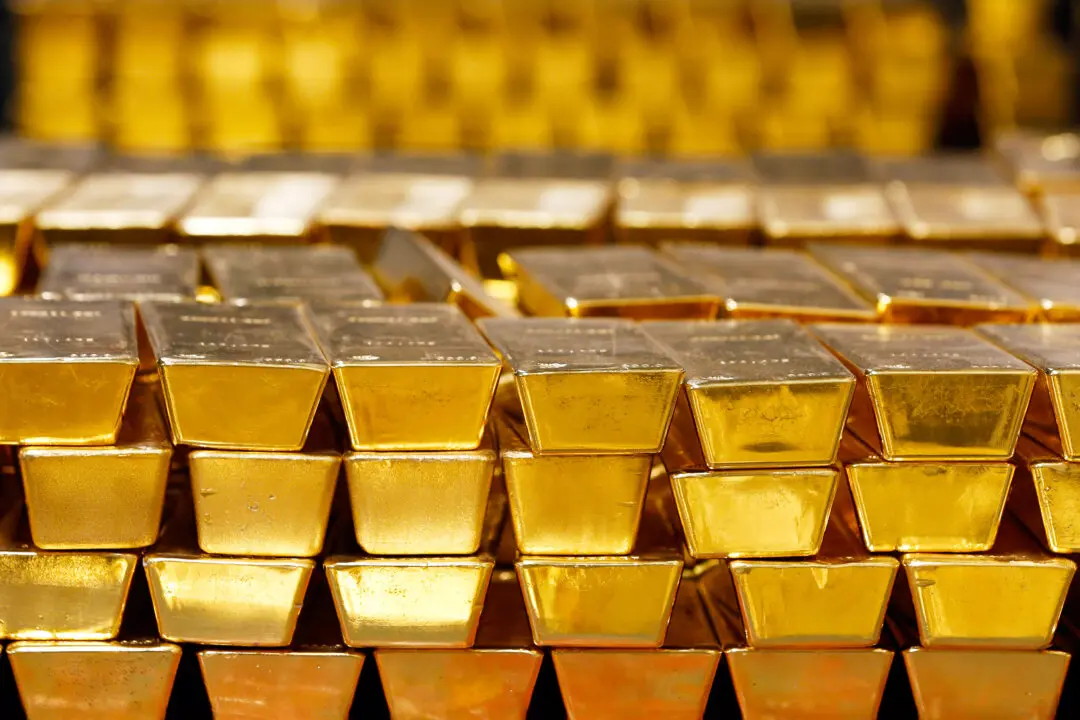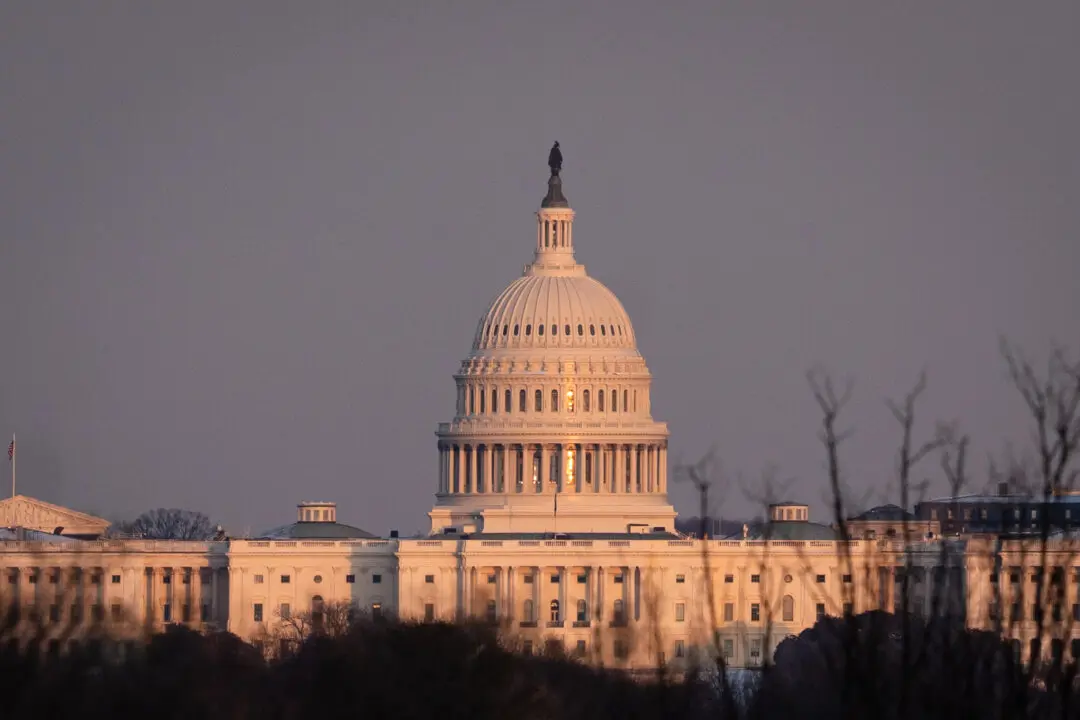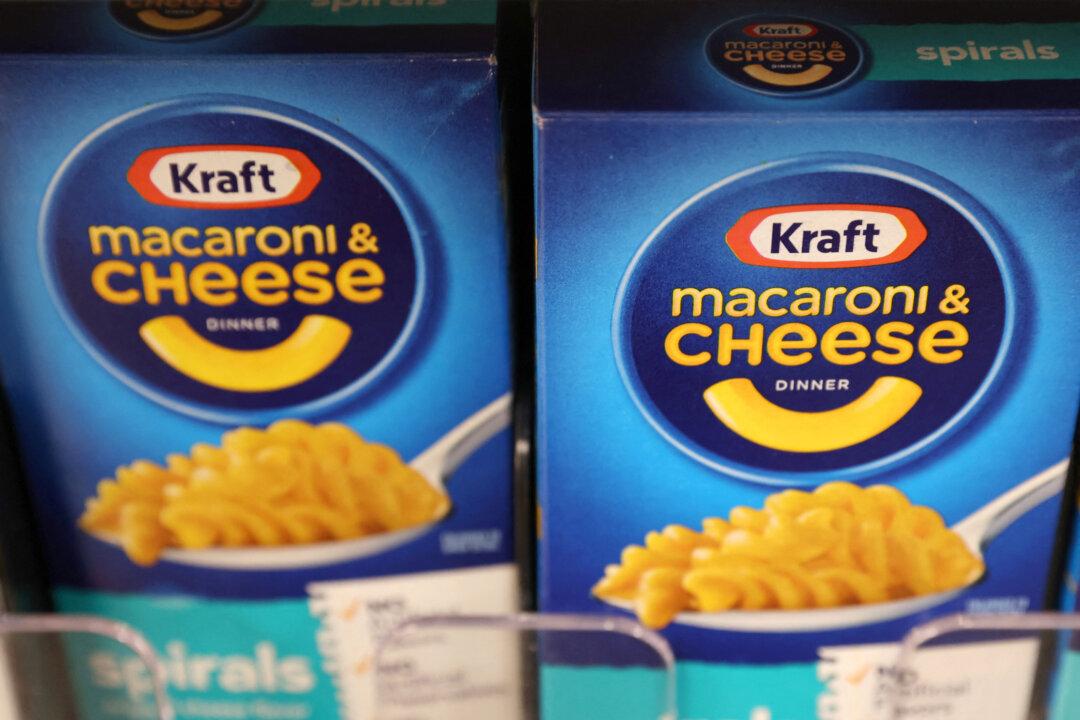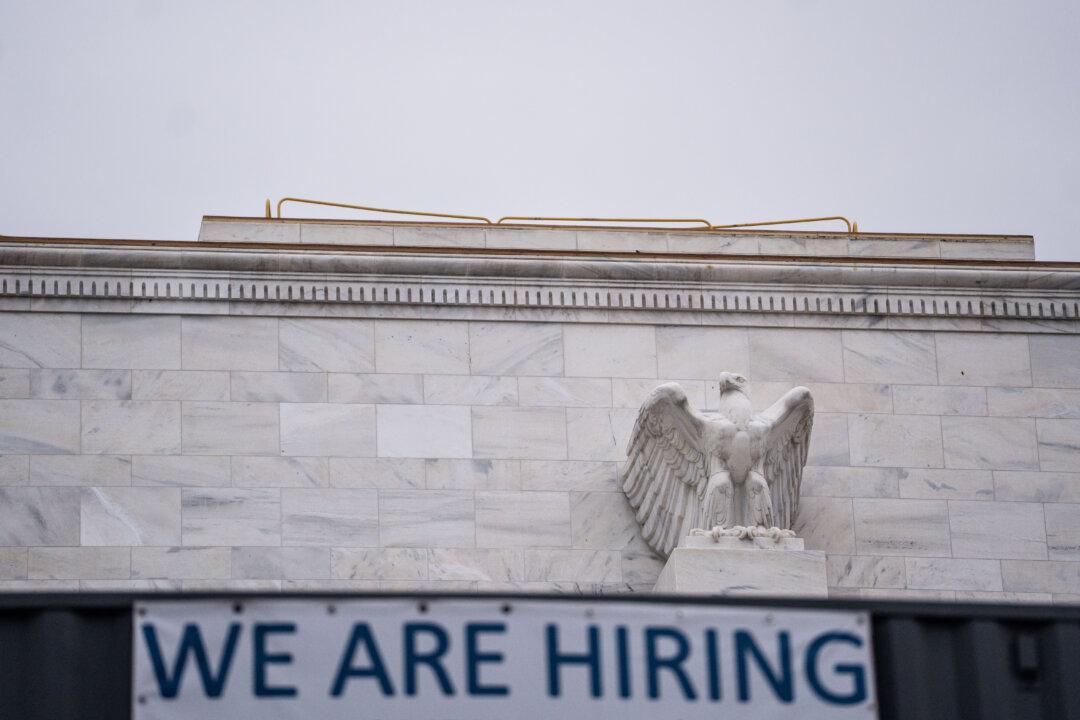Following a 0.9 percent contraction in second-quarter gross domestic product (GDP), experts are debating if the U.S. economy has slipped into a technical recession.
Economists at the National Bureau of Economic Research, the arbiters of what defines a recession, have yet to make their formal declaration. Until then, Wall Street and Washington will be debating whether the current situation counts as a recession.
